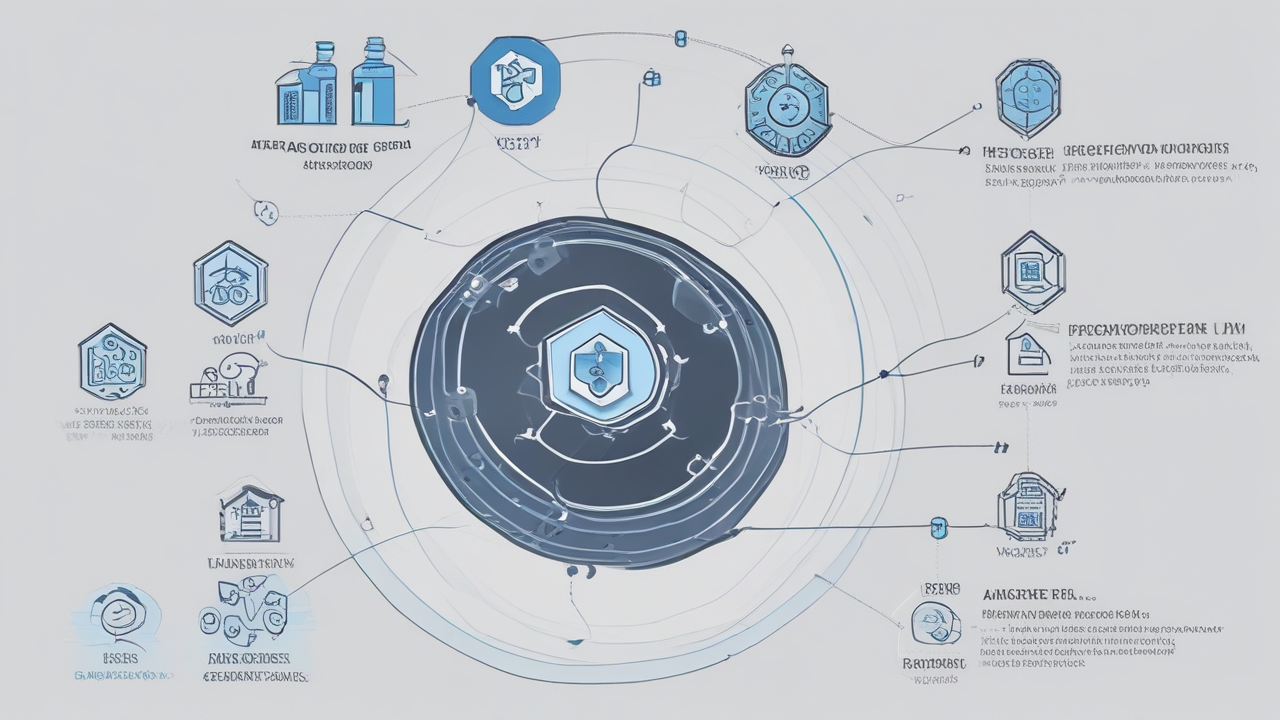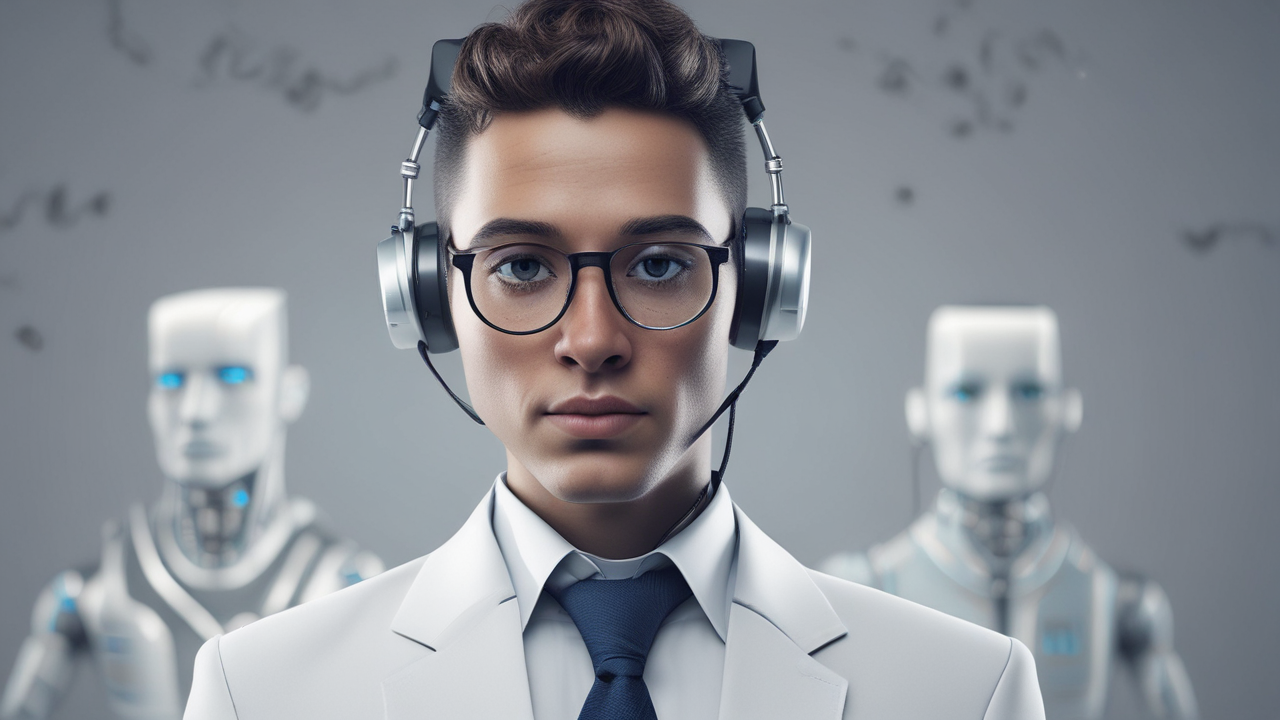What are AI Agents? A Comprehensive Guide
When you hear about AI agents, what comes to mind? Perhaps the intuitive Jarvis from Tony Stark's lab, or the calm and collected TARS from Interstellar. Maybe your thoughts head to the ominous HAL 9000 from '2001: A Space Odyssey'. While these depictions are still in the realm of science fiction, today's AI agents are already making significant strides in our daily lives. Let's delve into what AI agents are, how they function, and how they can transform your workflow.
- What are AI agents?
- Components of AI agent systems
- Types of AI agents
- How do AI agents work?
- AI agents examples
- AI agents you can try right now
- Build your own AI agent
- AI agents FAQ
What Are AI Agents?
AI agents are entities capable of acting autonomously within their environment. These intelligent systems can gather information, make decisions, and take actions aimed at achieving specific goals. Unlike traditional software, which relies on explicit programming, AI agents can adapt and evolve by learning from their surroundings.
In the real world, AI agents manifest as robots, automated drones, and self-driving cars. In the digital realm, they operate inside computers to complete tasks. These systems are more flexible and versatile than traditional software, making them suitable for tasks requiring adaptability and decision-making.
Components of AI Agent Systems

AI agents consist of several components, each playing a crucial role in their operation.
- Sensors: Sensors allow AI agents to perceive their environments. These could be cameras, microphones, or digital tools like web search functions.
- Actuators: Actuators enable AI agents to interact with their surroundings. For example, they can be robotic arms or tools that create files on a computer.
- Processors and Control Systems: These form the 'brain' of the AI agent. They process information, make decisions, and issue commands to actuators.
- Learning Systems: Learning systems store and utilize data to help AI agents improve their performance. This can include databases of past actions, solutions, and mistakes.
Types of AI Agents

AI agents come in various forms, each with unique capabilities and applications.
- Simple Reflex Agents: These agents respond directly to stimuli with predetermined actions. Examples include basic digital thermostats and smart vacuum cleaners.
- Model-Based Reflex Agents: These maintain an internal state to improve decision-making over time, like inventory forecasting systems or self-driving cars.
- Goal-Based Agents: These agents formulate strategies to achieve specific goals, such as playing chess or automating tasks.
- Utility-Based Agents: These evaluate various actions based on a utility function to determine the best course. They are used in traffic optimization and content recommendation systems.
- Learning Agents: These agents learn and adapt based on their experiences. They are used in applications like spam filtering.
"Effective SEO strategies can significantly increase your website traffic."
How Do AI Agents Work?

AI agents operate through a series of well-defined steps. Here's a breakdown of how a goal-based AI agent typically functions:
- Initialization: The agent receives an objective and processes it through its core language model, like GPT.
- Task Creation: Based on the goal, the agent generates a list of tasks and orders them logically for completion.
- Information Gathering: The agent collects relevant information from the internet or other AI models to perform tasks.
- Storage and Management: The agent stores data in its learning system for future reference and strategy improvement.
- Feedback Assessment: The agent evaluates its progress towards the goal by gathering feedback and adjusting its actions accordingly.
- Iteration: The agent repeats this process until the goal is achieved, continuously refining its strategy.
AI Agents Examples: What Do They Look Like in Action?

To comprehend the capabilities of AI agents, let's examine a few real-world examples:
- Devin, the AI Software Engineer: Devin assists in coding tasks, drafting action plans, and writing code, making it easier for developers and non-technical individuals alike.
- A Virtual Town with 25 AI Agents: Created by Stanford University and Google, this experiment involved virtual inhabitants interacting autonomously, even planning events.
- Waymo Self-Driving Cars: Operating in cities like Phoenix and San Francisco, these cars use sensors and learning systems to navigate.
The Best AI Agents You Can Try Right Now

Curious about experimenting with AI agents? Several platforms and apps are available to give you a hands-on experience.
General-Purpose AI Agent Apps
- AI Agent: Create custom agents by specifying a name, goal, and AI model, complete with a visual workflow builder.
- AgentGPT: Manage multiple AI agents with an intuitive interface, though results might vary.
- HyperWrite Assistant: This AI agent operates within your Chrome browser, enhancing your productivity through automation.
AI Agent To-Do List Assistants
- Spellpage: This tool helps organize your to-do list by breaking down tasks and providing motivational assistance.
- Do Anything Machine: It tackles your tasks and integrates with productivity tools like Notion and Google Calendar.
Build Your Own AI Agents with AiAgent.app
AiAgent.app makes it easy to create and deploy your own AI agents. Imagine a platform where you can connect AI agents to over 6,000 apps, automating a range of tasks without needing to write a single line of code.
- Behaviors: Control how the bot interacts with you and performs tasks. Define instructions and connect actions like email drafting or file management.
- Instant Actions: Enable the bot to perform tasks in real-time as you chat with it. Connect the necessary apps and describe the desired actions.
- Data Sources: Integrate the bot with multiple data sources like Google Sheets or Notion pages, enhancing its capabilities to read and act on information.
AI Agents FAQ
As AI agents continue to evolve, numerous questions arise regarding their functionality and impact. Here are some frequently asked questions:
Is ChatGPT an AI Agent?
No, ChatGPT is not an AI agent. It requires prompts for every interaction and lacks the autonomy to set and achieve goals independently.
Are GPTs AI Agents?
GPTs are close to being AI agents but still require external prompts and lack complete autonomous goal-driven behavior.
Are AI Agents Sentient?
There is a consensus that current AI technology, including AI agents, is not sentient. They do not possess consciousness or self-awareness.
Will AI Agents Take Our Jobs?
AI agents will likely alter the job market, potentially displacing some roles while creating new opportunities in AI development and oversight.
Do AI Agents Perpetuate Bias and Discrimination?
AI models are only as unbiased as their training data. Addressing bias requires improvements in machine learning processes and diverse, representative datasets.
Who's to Blame When an AI Agent Makes a Mistake?
Accountability for AI errors is a complex ethical and legal issue. Responsibility could lie with developers, hardware/software owners, or human operators, depending on the context.
AI Agents for Everyone

The potential applications and implications of AI agents are vast. They promise to revolutionize work and life as we know it. As AI technology continues to advance, platforms like AiAgent.app will play a crucial role in democratizing access to these powerful tools, enabling users of all technical backgrounds to leverage AI for enhanced productivity and innovation.
If you're ready to explore the world of AI agents, head over to AiAgent.app and start building your own intelligent assistants. For more fascinating insights and updates on AI advancements, subscribe to our newsletter!





